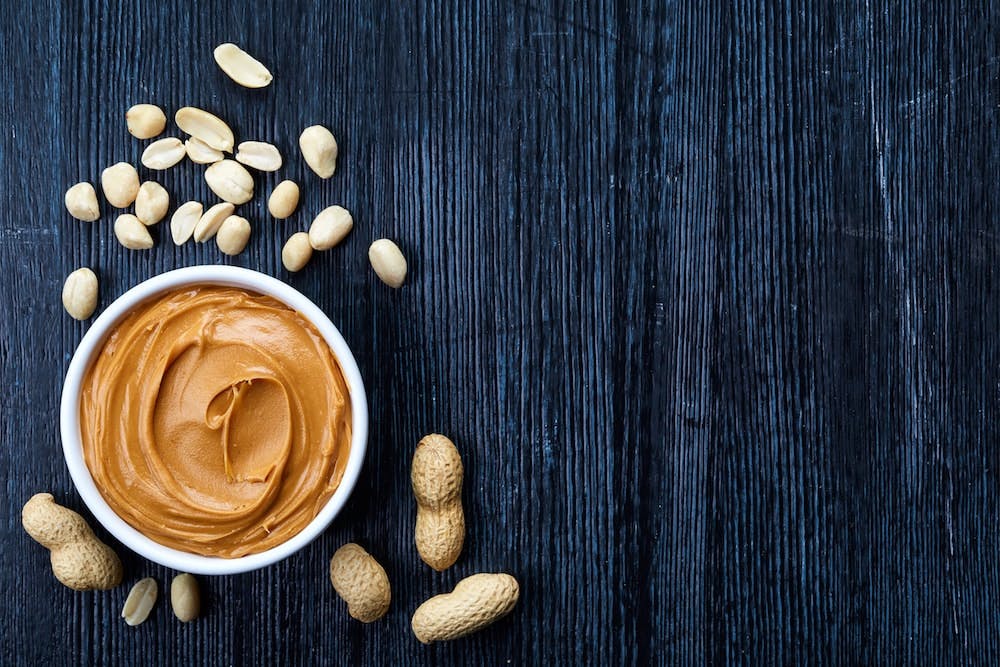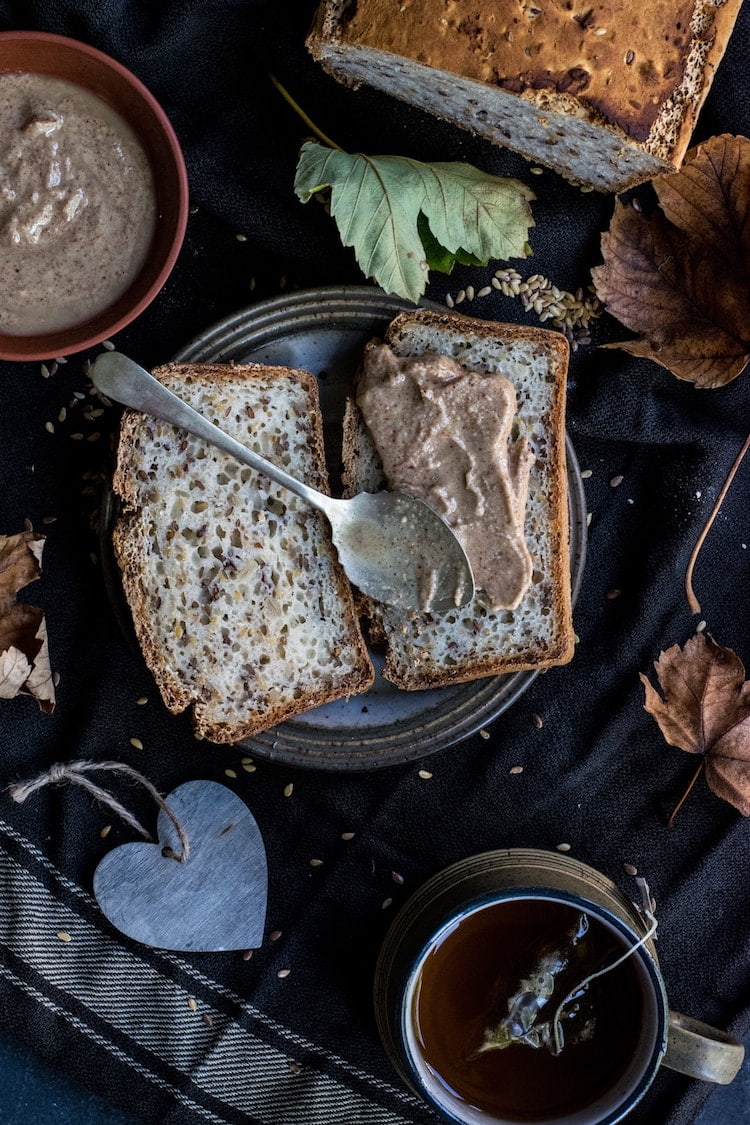
It’s the creamy gloop that sticks to the roof of your mouth, slathered on toast, or wedged inside America’s favourite sandwich. But is peanut butter actually good for your health?
A staple in 89% of American households, peanut butter has made its way across the pond and become a cupboard must-have in many UK homes too. In 2015, the UK’s number one peanut butter brand, Whole Earth, saw a 16.5% growth in year-on-year sales. And while the spreadable treat might be associated with more unhealthy items – Reese’s Pieces, cupcake frosting – a survey by Live Lighter found that around 72% of nutritionists actually view it as a healthy food item, while only about 43% of the public did. So, is it an utter misconception?
72% of nutritionists view peanut butter as a healthy food item
But the good news is that the spread is full of healthy fat – in two tablespoons of peanut butter, there’s about 8g of monounsaturated fats and 4g of polyunsaturated fats. These help to reduce your LDL (bad) cholesterol, lowering your risk of heart disease or a stroke.
In 100g of peanut butter, there’s also about 25g of protein, which is more than a lot of other plant foods, as well as considerable amounts of vitamins and minerals, including 67% of your recommended daily amount (RDA) of Vitamin B3, and 45% of your RDA of Vitamin E.
Additionally, although it’s nutritious, peanut butter is particularly calorific – just two tablespoons contain about 200 calories, which is 10% of women’s average RDA. And while it does have plenty of healthy fats, it also contains some saturated fat (around 3g in a two-tablespoon serving) which is known to increase the bad cholesterol, which contributes to a greater risk of heart disease.

Additionally, while peanuts are notably a saltier treat, a lot of brands add considerable amounts of sugar and other additives to sweeten the deal. In the average store-bought peanut butter jar, for every 100g, you’re looking at roughly 9g of sugar.
While we need healthy fats, and the calorie impact is relative to the amount you burn every day, perhaps avoiding eating spoonfuls straight from the jar (as tempting as it is) is the less nutty option.

